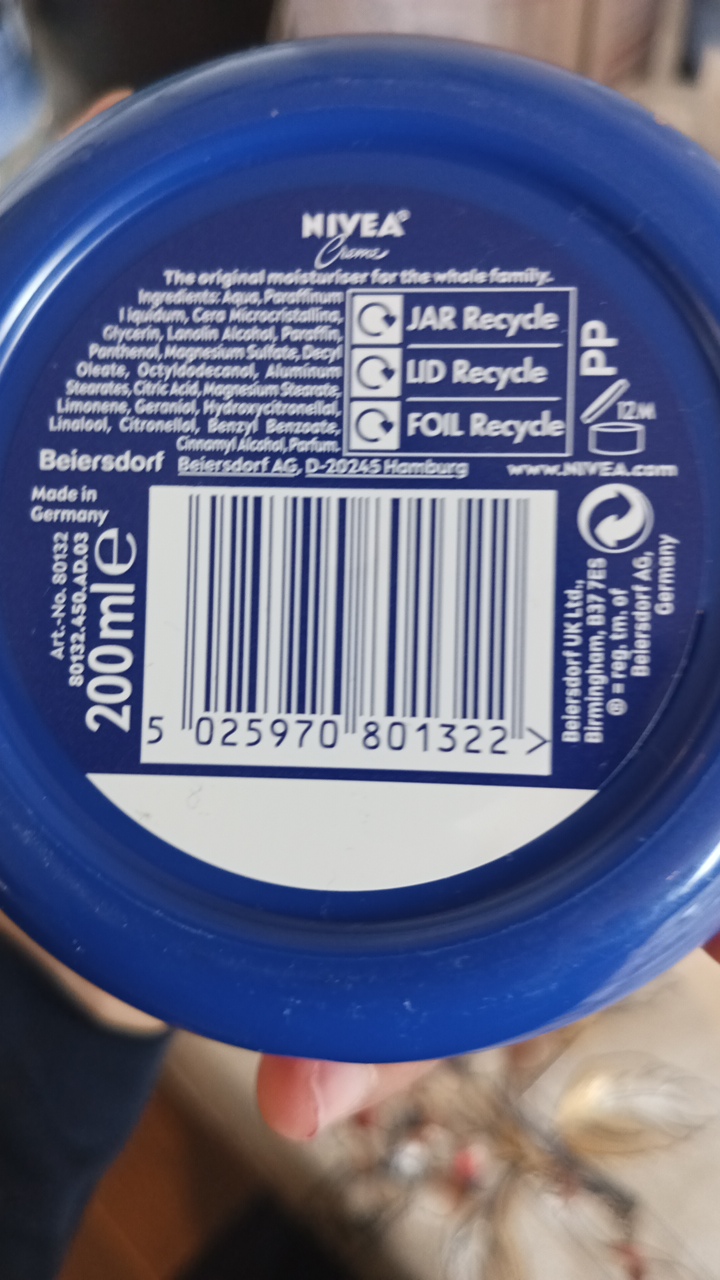
Barcode: 2122379852399
unknown
HALAL
📝 Reason: The product is considered Halal as none of the ingredients are derived from Haram sources. The only doubtful ingredient is ‘parfum’ due to unknown composition. Islamic sources emphasize the importance of avoiding doubtful matters to protect one’s faith (Quran 5:3).
📄 Certificates: None
Ingredients:
Details
Understanding the Halal Status of the Product ‘Unknown’
The product ‘unknown’ has been assessed and is found to be Halal. This assurance is crucial for consumers who prioritize Halal products in their skincare and cosmetic choices. The determination comes from a careful evaluation of its ingredients, none of which are derived from Haram sources. However, there exists a note of caution surrounding the ingredient ‘parfum’, which is commonly included in many cosmetic products.
Why is the Product Considered Halal?
The product is deemed Halal as it does not include any components derived from Haram sources. Islamic principles emphasize avoiding doubtful matters as highlighted in the Quran (5:3), which calls us to protect our faith by steering clear of uncertainty. Thus, while the main ingredients satisfactorily meet Halal standards, vigilance is necessary regarding the ‘parfum’ component.
Analysis of Ingredients and E-Numbers
Let’s delve deeper into each ingredient and examine their Halal status:
- Aqua: Water is universally recognized as Halal, serving as the base for many cosmetic formulations.
- Paraffinum Liquidum: Also known as mineral oil, it is derived from petroleum and is considered Halal.
- Cera Microcristallina: This microcrystalline wax, derived from petroleum, is also Halal.
- Glycerin: Generally Halal if plant-derived. Lacking specific source information, we assume it’s Halal.
- Lanolin Alcohol: A natural product derived from sheep’s wool, it is confirmed Halal.
- Paraffin: Derived from petroleum, making it Halal.
- Panthenol: A form of vitamin B5 considered Halal.
- Magnesium Sulfate: A mineral compound that is Halal.
- Decyl Oleate: Derived from oleic acid and decyl alcohol, generally considered Halal.
- Octyldodecanol: A fatty alcohol known to be Halal.
- Aluminum Stearates: Generally Halal, derived from stearic acid.
- Citric Acid: Naturally occurring, and always Halal.
- Magnesium Stearate: Another Halal compound derived from stearic acid.
- Limonene: A compound derived from citrus peels and is Halal.
- Geraniol: This natural alcohol is found in essential oils and is Halal.
- Hydroxycitronellal: Derived from citronellal, confirming its Halal status.
- Linalool: A naturally occurring terpene alcohol that falls under Halal categorization.
- Citronellol: Found in essential oils and considered Halal.
- Benzyl Benzoate: An ester that is Halal.
- Cinnamyl Alcohol: Derived from cinnamon and confirmed Halal.
- Parfum: This is the only ingredient with a doubtful status due to its unknown composition; it could possibly contain alcohol or other Harams.
Conclusion: Making Informed Choices
In summary, the product ‘unknown’ is mostly Halal with one noteworthy exception regarding the ‘parfum’ ingredient. Consumers seeking Halal products can rest assured, but it is advisable for those with stringent Halal beliefs to consider the implications of uncertain components. It is crucial to stay educated about product compositions and certifications in today’s market. Every individual has their own level of comfort regarding ingredients, especially those derived from dubious sources. Always seek clarity and definition for your own peace of mind.

